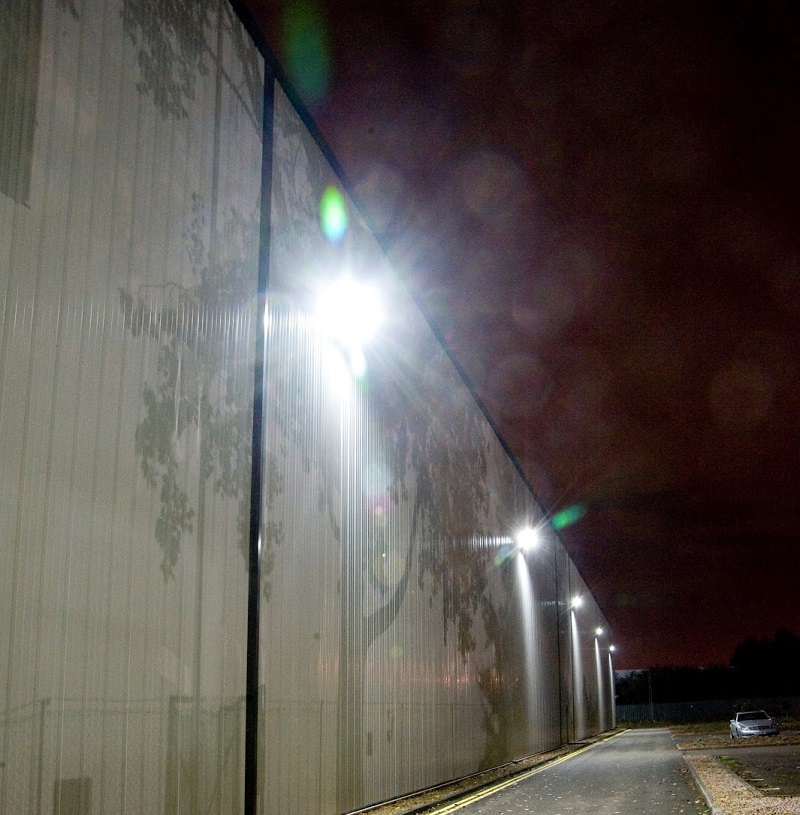With the nights drawing in, and the clock set to go back at the end of October, it is clear that summer for this year is definitely over. At this time of year and throughout winter, a large number of people will arrive and leave work in the dark, which usually prompt business owners and other senior management to look into the effectiveness of their exterior lighting.
It is important for businesses to ensure that their exterior lighting is effective as dark or poorly lit spaces invite crime and increase the chances of accidents taking place. The British Crime Survey has said that more than half of criminal offences take place when it is dark. Therefore, it is not surprising that most police forces have recommended the installation of security lighting as an effective deterrent for businesses.
Research has shown that having outdoor lighting works as a deterrence by convincing anyone considering criminal action that they will be seen by someone or perhaps caught on a CCTV camera. Security lighting is considered to be one of the most useful steps that can be taken by a business in order to ward off intruders according to Ecolighting.
However, when installing security lighting it is vital that the business ensures that the lighting does not impact the effectiveness of and CCTV in operation. A bright glare being captured by the cameras by the lighting can have an effect on how clear the image captured on the CCTV is.
Exterior lighting is however a safety feature that is budgeted on by some companies wanting to save energy costs and the maintenance that would be required. Floodlighting that is installed high up on posts or walls can deliver the maximum level of light while avoiding interference with the camera. However, this lighting solution then has challenges with maintenance such as cleaning and bulb repair.
It is also vital for companies with larger and perhaps busier business premises, such as warehouses accommodating deliveries and dispatching goods, it is important for safety that exterior lighting is sufficient, to avoid accidents.












